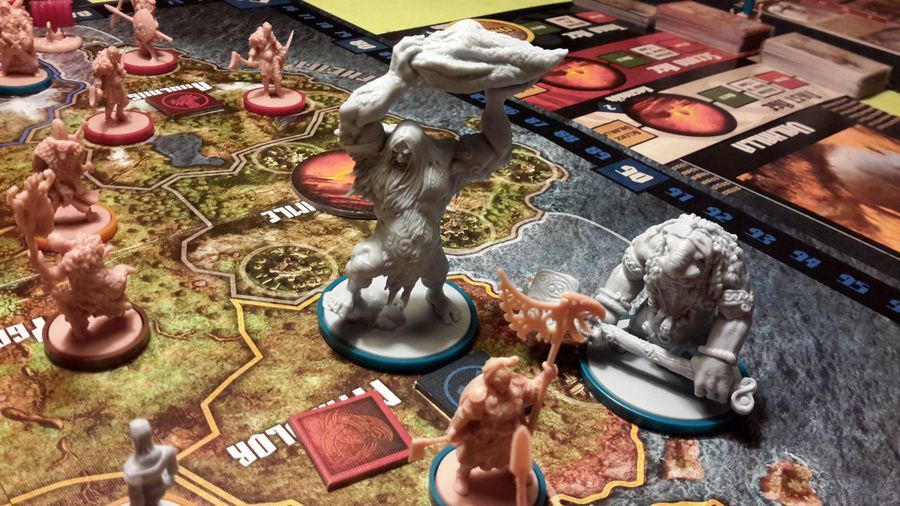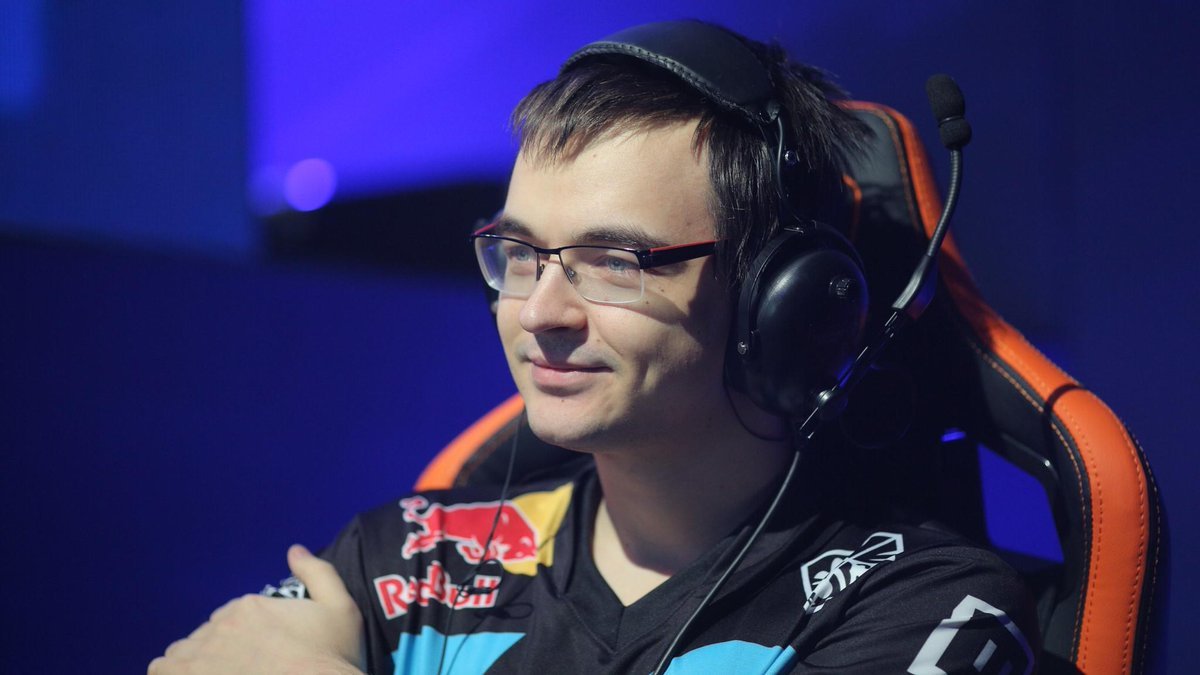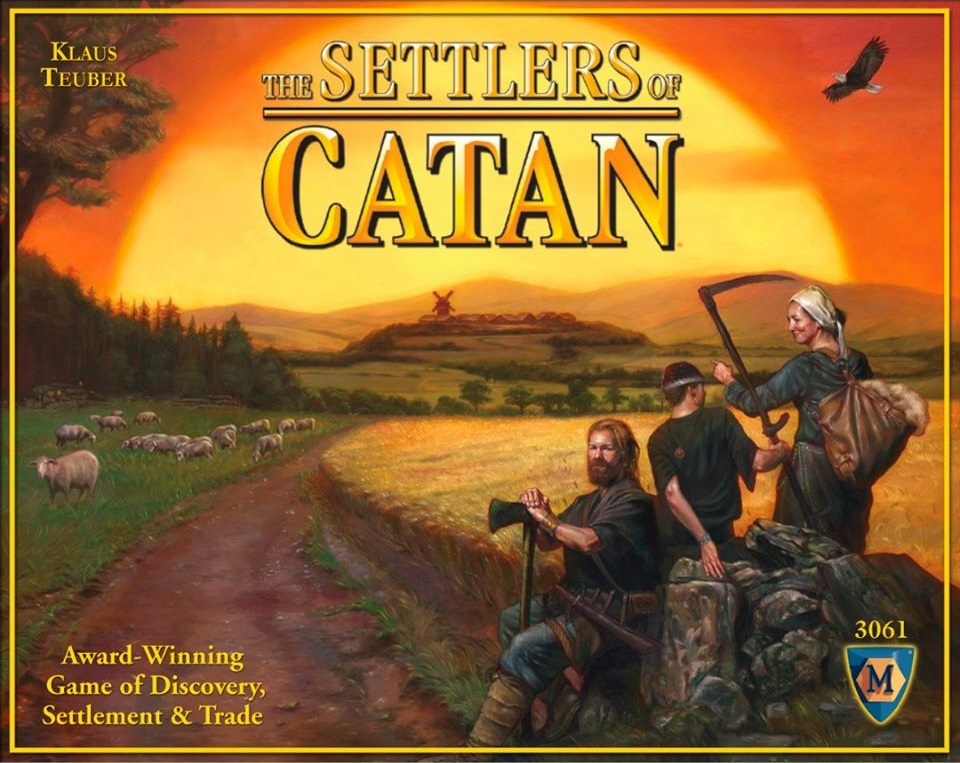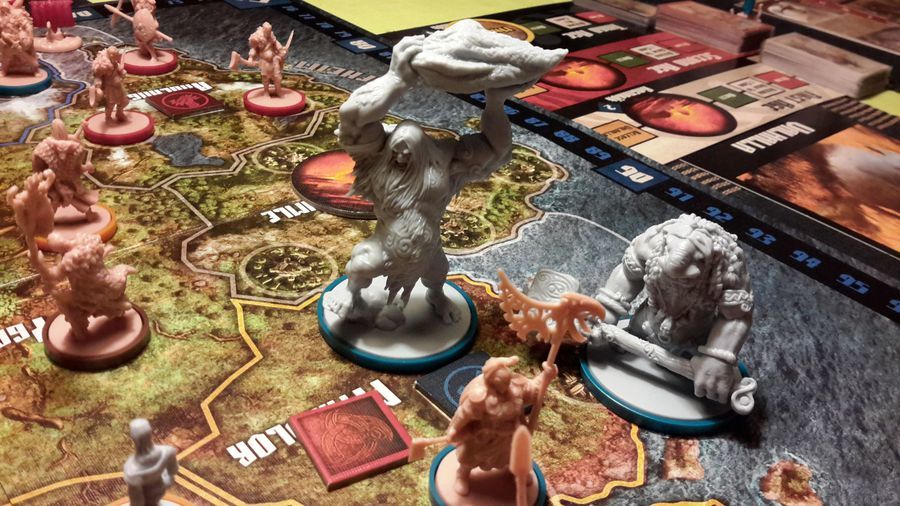
Modern gaming is a global phenomenon turning from simple entertainment and a favorite pastime to a career path for many. We take games seriously, spending countless hours mastering them. But is there a way to enhance our skills without staring intensely at a monitor, while maybe even getting some face-to-face time with friends? There is, and the results will surprise you.
Video games are absolutely huge, but the board gaming market is not to be underestimated, either. With millions of fans worldwide and thousands of new titles coming out every year, the art and craft of analog gaming is a thriving culture of its own.
While there are undoubtedly big tabletop tournaments like the Magic: The Gathering World Championship and of course the big-money Poker games, serious competition is mostly reserved for video games, hence the “e” in “esports”.
That being said, board games could be an invaluable source of inspiration, food for thought, and a rather effective training tool for the brain of any gamer. Listed below are just a few major benefits that you can get from playing traditional games, that you can immediately start applying to your matches in shooters, MOBA’s, Battle Royals, and all sorts of other competitive video game environments. Curious? Let’s check them out.

A deeper understanding of mechanics
Board games are pure mechanics. They come with (usually rather short) rule books and a bunch of components like cards and dice – what you see is what you get. Moreover, board games only work if the players consciously go through the motions and use their heads to follow the rules.
Video games, on the other hand, are massively complex systems with tons of mathematics going on under the hood, that you rarely see or think about. It is quite possible for a player to click away, having fun shooting some enemies, without thinking too much about the actual game mechanics in play – the knowledge required to actually do well. The two types of gaming might be the same thing on a fundamental level, but realistically, the human mind cannot, and should not, be tasked with calculating things such as the bullet physics in Overwatch or the matchmaking in competitive StarCraft.
Playing a board game actually requires you to completely grasp the system in order to get to the fun part. And that’s brilliant.
Game design theorist Raph Koster coined the term “groking”, borrowing it from early 60’s sci-fi novel Stranger in a Strange Land. To “grok” something is to understand it intuitively, profoundly, and completely – so much so, that you fall in love with it. Does this sound familiar?
Us video gamers usually refer to the same phenomenon as being “in the zone” – becoming one with the game world, giving it your undivided focus, always having “eyes-on-the-prize”.
Board games will teach you to grok games. And in turn, you’ll use this deep understanding of the rules to become a better player.

Calculating odds
Love it or hate it, math plays a big part in any game. It doesn’t matter if you’re rolling six-sided dice in Catan, drawing virtual cards in Hearthstone, or increasing your critical strike chance in League of Legends, if you understand the odds, you’ll make more informed choices, resulting in more victories.
Here, just like our previous point, understanding the game rules fully and applying some very simple calculations to odds, will stack said odds in your favor and give you an edge over your opponents who can’t be bothered to do the same. And before you panic, we’re not discussing complex mathematics here - just a tiny bit of consideration in games that have any form of randomness is enough to immediately make you better.
Reading other players
That’s a big one. Imagine your favorite movie or a show set in a casino setting. The main character was just dealt a poor hand, but his sheer will, ability to read the table, and inhuman poker face makes his opponents chicken out and lose all their money.
Sure, this trope is a little overused. Call it a cliché, but it is an actual part of gaming.
Board games are inherently social activities, in which at least half of the fun comes from interacting with the other players around the table. You might be holding a killer combo and have an optimal strategy planned, but then one unexpected move by an opponent changes the game state completely, taking away your momentum.
The same is true for esports, where player dynamics are just as important as individual skill. Scratch that, player dynamics are everything. Being able to read your fellow players – teammates and opponents alike! – will make the difference between a Solo Queue wannabe and an esports superstar. Board games are excellent teaching tools for learning team play and human-to-human interaction in the heat of battle. Something you’ll need in all your games.

Having fun, win or lose
Building upon the previous point, here comes the most important lesson that a video game player can learn from a board game – it’s about playing, not about winning.
This might sound like a cheesy quote that your aunt would like on Facebook, but it is actually quite a pragmatic concept.
When you are serious about games, winning is extremely important. People need to see that victory screen in order to feel good, to stay motivated, to feel satisfaction and validation. Esports pros literally need to win so they can put food on the table, it’s their one and only job. On the other side of the coin, defeat can crush your ego, make you lose focus, and in extreme cases, force you to quit the game altogether.
The fact that board games generally have lower stakes and focus on spending a good time with friends, rather than winning at all costs, teaches one valuable lesson – losing is not a big deal if you’re having fun by just playing. This mindset is exactly what any competitive player needs to develop in order to be successful.
We promised we’ll get pragmatic. Here it is: not losing motivation means ultimately playing more games. Playing more games always leads to winning more games. And winning more games means becoming a better player. See?
But don’t take our word for it – go give it a try. The next time you feel that familiar MOBA burnout, or lose three CS:GO matches in a row, pull out a nice board game, call a couple of friends, and roll some dice. You’ll be surprised how much you will learn. And you’ll be a better gamer for it.
For more gaming lessons, opinions, and analysis, keep reading EarlyGame.com!






























